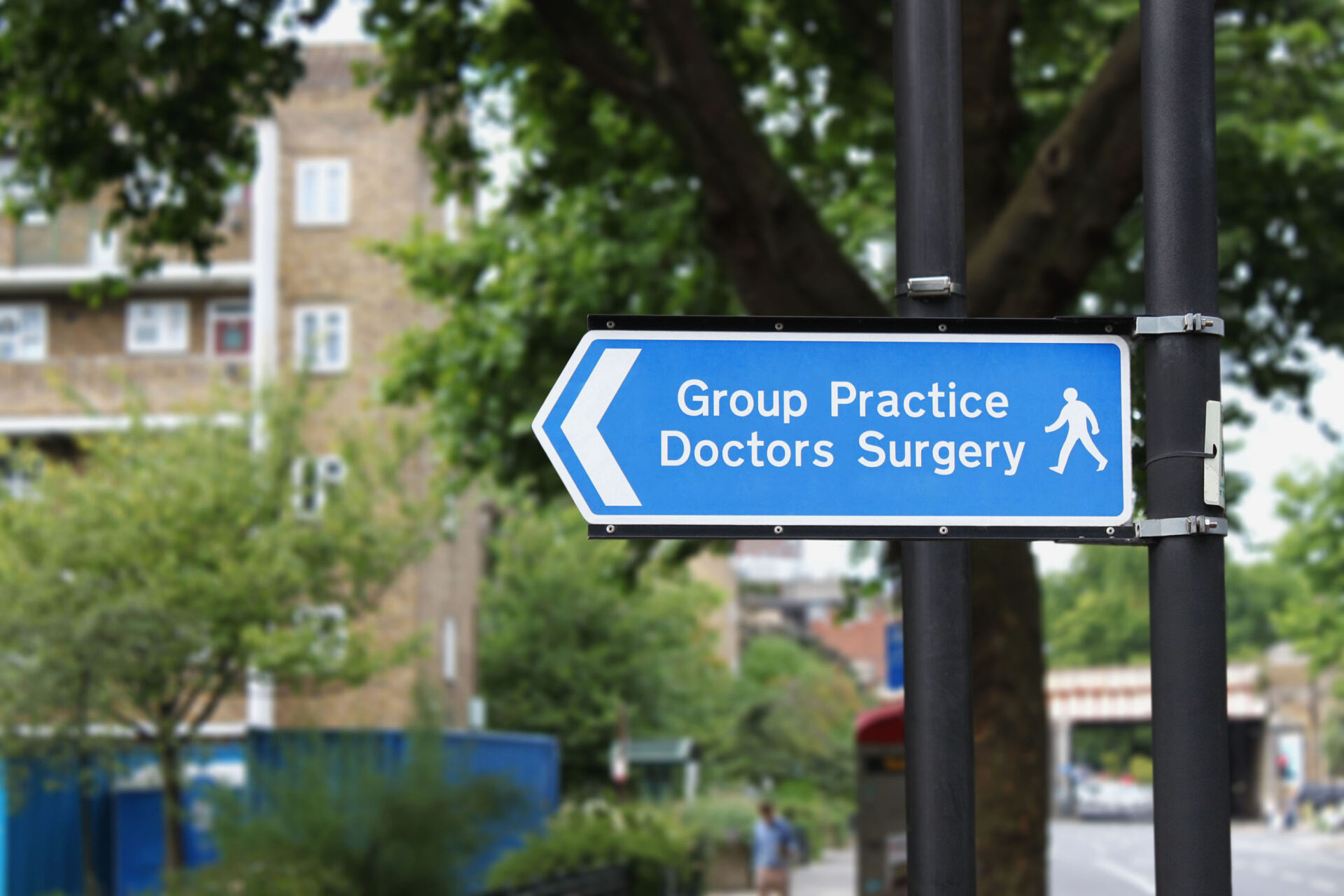Understanding General Practitioners’ referral decisions for young patients with cancer symptoms: a qualitative study

- Date
- Thursday 22 June 2023, 11am-12noon
- Location
- Hybrid - LIDA room 11.87 / online
As the likelihood of developing cancer rises with age, some NICE guidelines include age as one of the criteria to help GP decide which patients require an urgent referral for suspected cancer. Yet routine cancer data show that incidence is increasing in younger people and the data show that their pathways to diagnosis are often long. Little is known on how strictly GPs interpret and apply NICE guidelines.
We conducted semi-structured interviews with 23 NHS GPs working in England. Results indicate that GP’s decision making regarding younger patients is influenced by a multitude of factors, including their personal experiences, patient’s views and behaviour, the level of clinical concern and the ability to bypass system constraints. GPs balance potential benefits and harm of a referral outside guidelines both on the patient and on the NHS system as a whole. If clinical concern is high, GPs use their knowledge of local systems to ensure patients are investigated promptly even if not meeting age criteria. In some cases, the referral system requires more flexibility to facilitate timely investigation.
Bio:
Dr Erica di Martino is a Senior Research Fellow in the Academic Unit of Primary Care. She is a biologist and has worked as cancer researcher at the University of Leeds since completing her PhD in 2005. Her early research in LIMR has focussed on understanding how mutations in a gene called FGFR3 drive the development of bladder cancer. She joined LIHS in 2018 as part of CanTest, a CRUK-funded project aimed at facilitating an earlier detection and diagnosis of cancer. She is leading a project looking at the increasing incidence of cancer in younger generations and at the barriers to an early cancer diagnosis in this age group.
